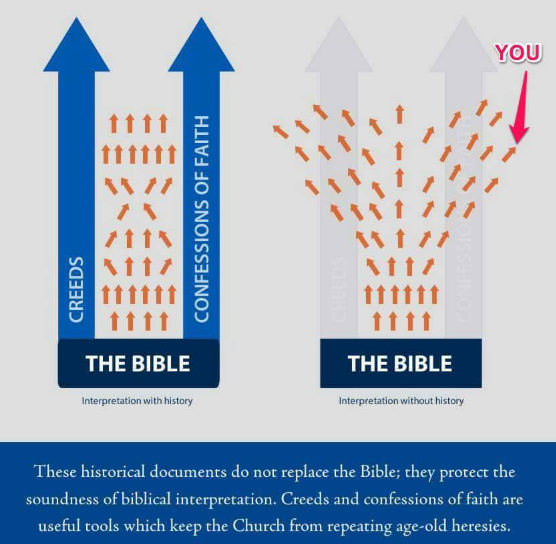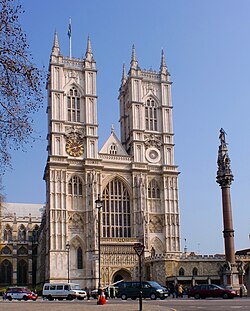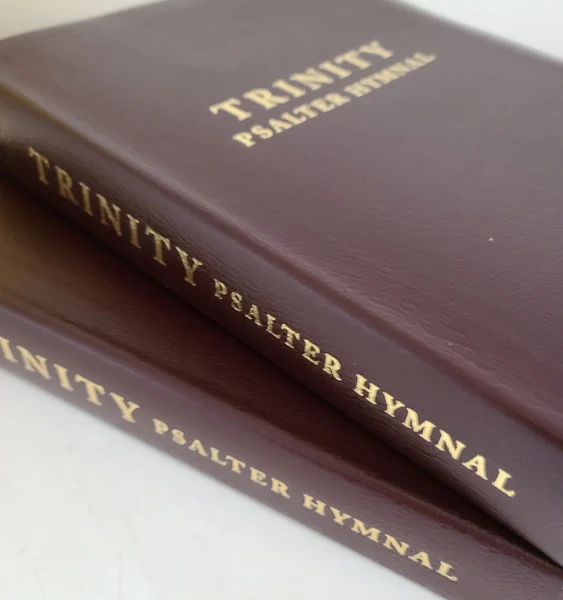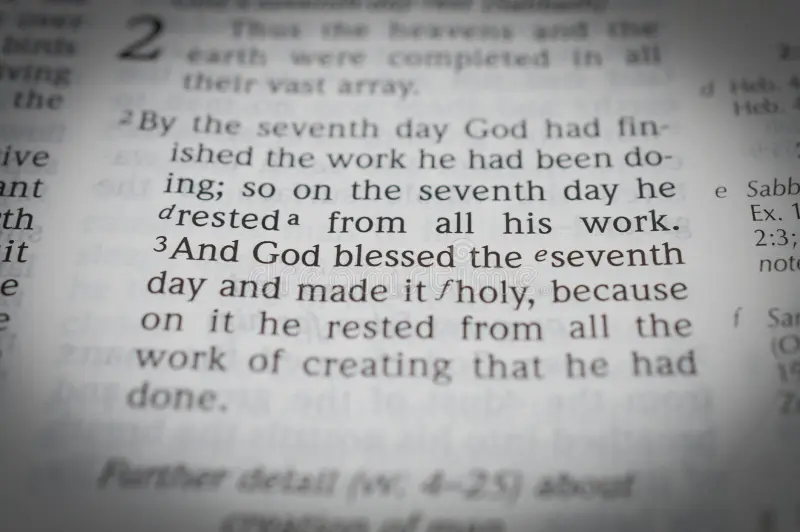
ABOUT US
Sojourning in hostile territory
Ozark Doctrine is a quiet outpost of Reformed theology nestled in the hills of Southwest Missouri. Rooted in the authority of Scripture and the historic confessions of the Reformation, this blog seeks to bring clarity, depth, and gospel-centered truth to a region rich in spiritual heritage, yet often unfamiliar with covenantal and confessional theology.
The region, being predominantly Baptist, is not just un-reformed in their beliefs, they are often militantly anti-reformed or anti-“Calvinist”. This site serves as a resource to help contend for the beautiful truths of the Doctrines of Grace found within scripture.

Covenantal
Reformed theology is deeply covenantal, viewing God’s relationship with His people through the framework of covenants—solemn, binding agreements initiated by God. From Adam to Christ, Scripture unfolds a unified redemptive story structured by covenants, culminating in the New Covenant secured by Jesus’ blood. This covenantal lens highlights God’s faithfulness, the continuity of His promises, and the unfolding of salvation history not merely with isolated individuals, but with families and communities across generations.

Confessional
Reformed theology is confessional, meaning it holds to carefully crafted statements of faith that summarize and safeguard biblical truth. These historic confessions—such as the Westminster Confession of Faith—serve as doctrinal anchors, articulating core beliefs about God, Scripture, salvation, the church, and Christian living. Far from replacing the Bible, they function as faithful witnesses to its teaching, promoting unity, clarity, and accountability within the church while resisting theological drift in every age.

Reformed
Reformed theology is a Christ-centered, Scripture-saturated framework for understanding the Christian faith, rooted in the Protestant Reformation. It emphasizes the sovereignty of God in all things, the authority and sufficiency of Scripture, and salvation by grace alone through faith alone in Christ alone. With a high view of God’s providence and a deep commitment to doctrinal clarity, Reformed theology seeks to glorify God through rightly ordered worship, covenantal living, and a confessional witness grounded in historic truths.

Traditional
Reformed theology is unapologetically traditional, grounded in the historic faith of the apostles and Reformers rather than modern trends or cultural innovations. It resists the consumer-driven, entertainment-focused models of contemporary church life, emphasizing instead the ordinary means of grace—preaching, sacraments, and prayer—as the God-ordained means for building Christ’s Church. This tradition values reverence in worship, doctrinal depth, and the continuity of the faith across generations, seeking not to reinvent Christianity, but to faithfully preserve and proclaim the timeless truths once for all delivered to the saints.
Latest Blogs
WHAT’S NEW?
-

The Day That Reforms Us: Honoring the Lord’s Day
Today is the Lord’s Day—a day set apart not by the whims of man or the tradition of culture, but by the ordinance of God…
-

Why Ozark Doctrine Exists
If you are Reformed and feel alone—you are not. If you’re curious about these doctrines but afraid to ask—this is a safe place. If you…


